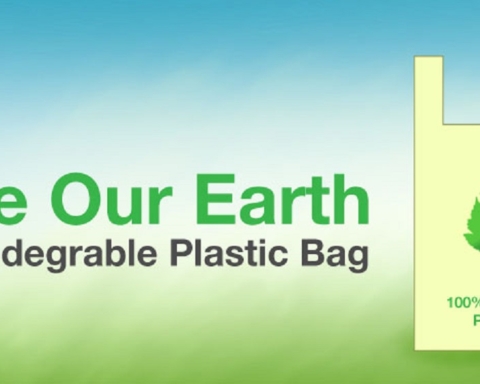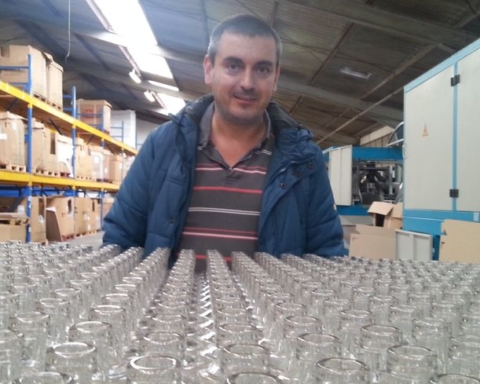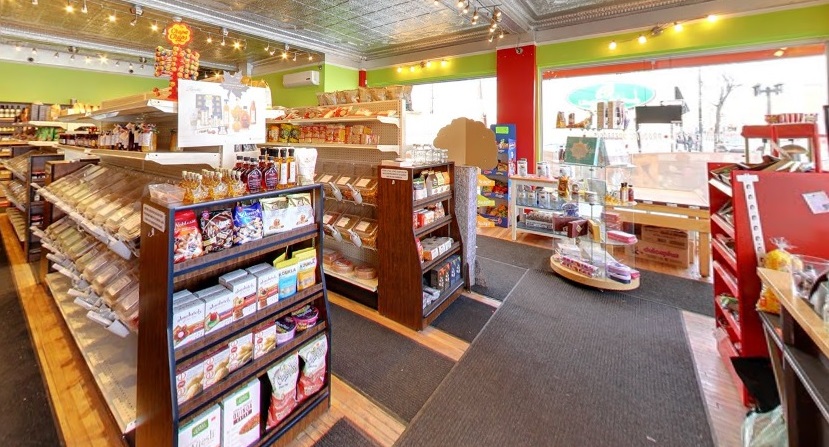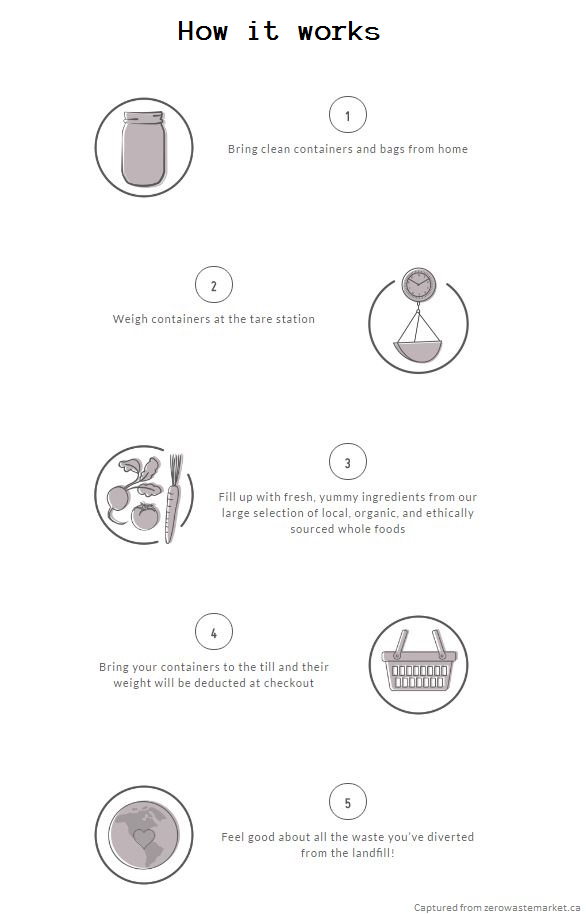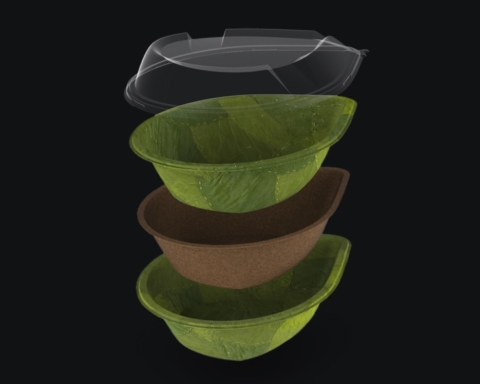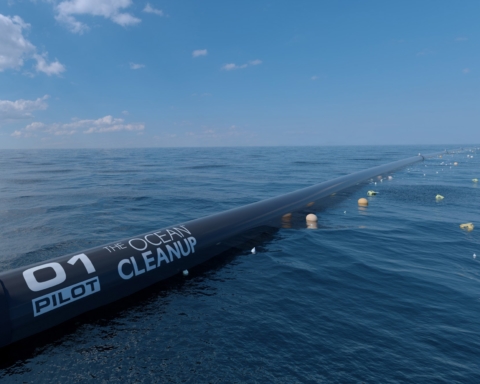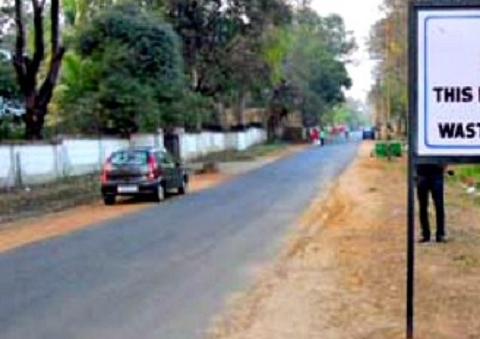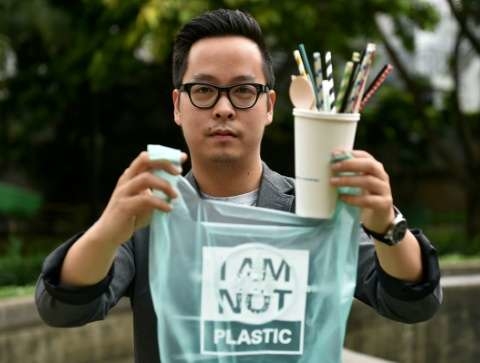At the beginning of the previous century, around 1925, consumers were buying food at the grocery’s store or butcher’s with their own containers. We are currently witnessing a return to these practices with Montreal’s zero-waste grocery stores. (Article inspired from Le Devoir, published on November 7, 2016)
In Canada, according to figures provided by Recyc-Québec, last year food waste reached 40%; that is, $ 31 billion. The report identifies consumer’s responsibility at 47%. Quebecers decided therefore to make the fight against climate change a priority in their daily activities. Zero waste was one of the priorities. They drastically changed their way of shopping and consuming. They were scrupulously careful not to waste food and this had a direct impact on waste management.
Buyers themselves will create this movement by rejecting packaged products – Michaud
Recently, the Montrealers have resumed a good and old habit. They are bringing their biodegradable utensils and bags in order to shop. This has been easier with zero-waste biological groceries that grow like mushrooms and make people happy in Montreal.
LOCO, Vrac & Bocaux, Méga Vrac have become essential places for housewives. These shops emphasize on products that are manufactured or planted locally. Buyers can sort products such as oil, flour, dried fruit, and even dishwashing liquid or shampoo. They place them carefully in the containers they have brought.
In addition, this reduces plastic packaging, but mainly the consumer can take the quantity he wants. “We are a couple with a child. In traditional grocery stores, we have no choice because we are imposed, for example a bag of 500 grams of lentils, which is far too much for us. But here, in the bios groceries we can take the quantity we need but also the quality that we seek. So we are winners in every respect,” says one housewife.
Even if a customer does not have or has forgotten to bring a container, the organic grocery stores sell glass bottles, jars and reusable bags. “But it does not have to be a habit. It is true that we will have pennies by putting these containers on sale but we want the consumer to be responsible and bring his container,” says a grocer.
Plastic packaging poses many problems to the environment, but at least they solve many problems of hygiene. Some clients do not agree with the unhygienic conditions. According to Maxim Bernard, shovels, tongs, dispensers are instruments that are shared by dozens of people a day and not everyone knows the rules of cleanliness. “Some will bring back their unwashed containers and deposit food with an instrument that will come into contact with this container, and will re-deposit it in the food tray, and thus distribute their dirt to everyone. Some will touch the tip of the instruments with their fingers. Sometimes food will fall to the side; on the table (where the dust has fallen for a day and everyone deposits his hands or personal belongings) and the client will take it back with the same spoon used by all replacing it in the tray. Some will sneeze into the food,” laments this Quebecer.
The president and CEO of RECYC-QUÉBEC believes strongly that the unwrapped will eventually enter into Quebec’s traditions. “Consumers wanted organic and today they flood the market. This will be the same for this type of purchase. The buyers themselves will create this movement by rejecting packaged products that exceed their demand,” adds Dany Michaud.



